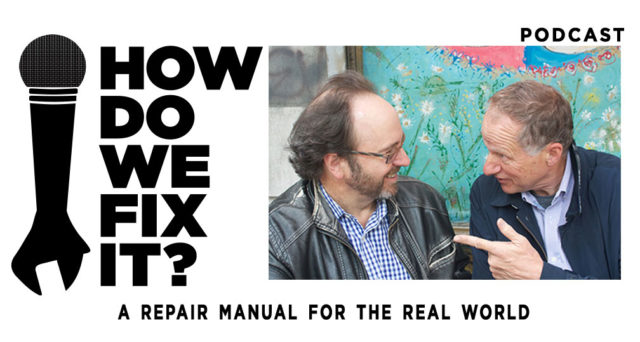Conversation with Richard Davies and Jim Meigs

Russia’s invasion of Ukraine made Europe’s energy dependence painfully clear. “We are supporting and actually financing the war by purchasing oil and gas and other fossil fuels from Russia,” Finland’s Prime Minister Sanna Marin bluntly put it.
Fossil fuel energy is vital for Russia’s economy, accounting for almost half of its exports. One-third of Europe’s oil and as much as 40% of natural gas imports come from Russia.
In this episode, we discuss how the war in Ukraine is changing the debate over fossil fuel dependency. Our guest is climate economist and Bloomberg News columnist Gernot Wagner of NYU and Columbia School of Business.
The invasion has already prompted a dramatic rethink by European policymakers. The EU has pledged to sharply reduce and ultimately phase out purchases of Russian oil and gas. In an abrupt about-face, Germany halted the Nordstream 2 gas pipeline project.
The unprovoked attack on Ukraine “certainly provides the moral clarity that tells us to get off fossil fuels now,” Gernot tells us. “This is a fossil fuel war.”
As they do in almost every episode, Richard and Jim put the spotlight on solutions. Among the topics covered here:
– The prospects for carbon capture technology to remove significant amounts of CO2 from the atmosphere.
– The case for a new carbon tax plus a proposed ban on natural gas in new apartment building construction.
– Why building many more homes in big cities would reduce carbon emissions.
– The role of nuclear power, solar, and wind in reducing the world’s reliance on fossil fuels.
For more: How Do We Fix It? Episode #118